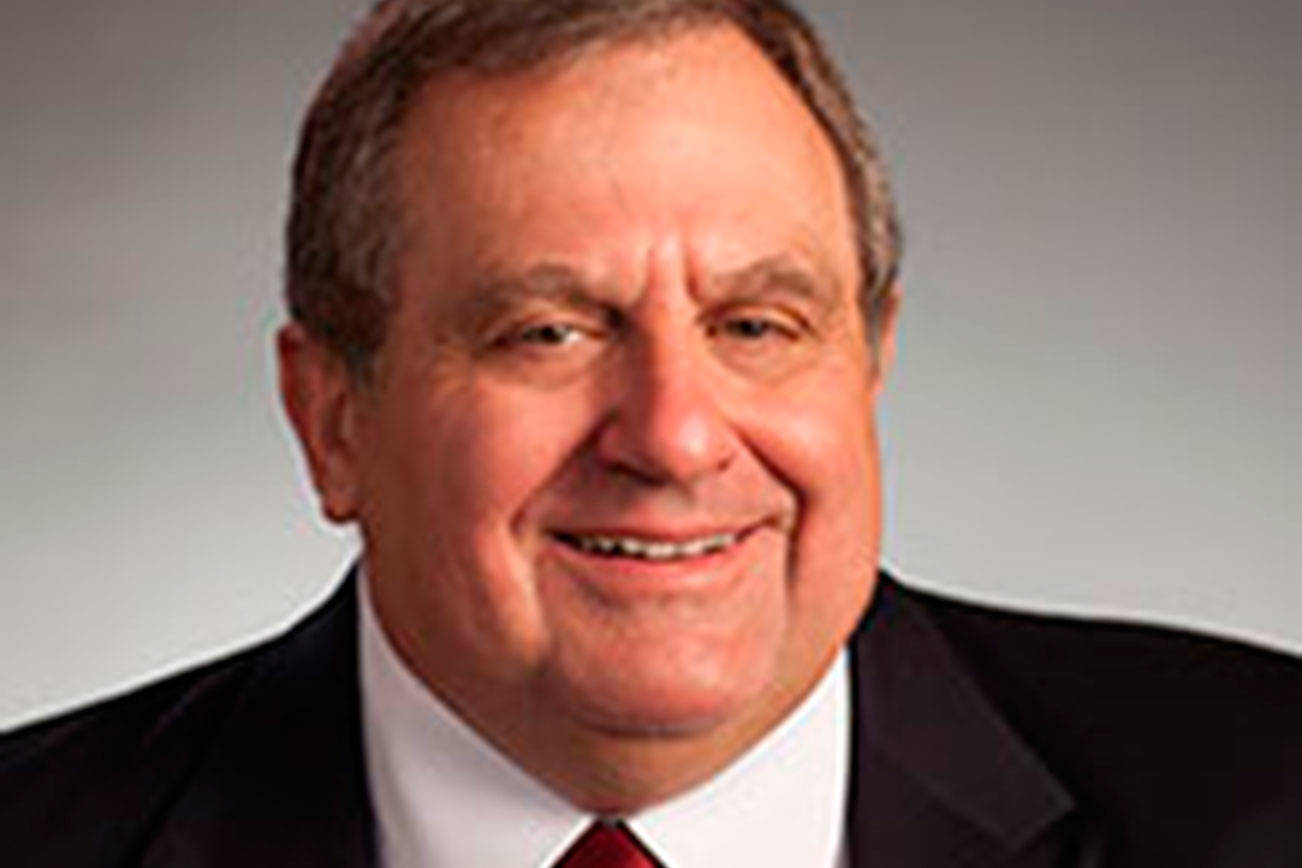With COVID-19 vaccines being widely dispensed, will an end to this pandemic halt “work from home?” Will workers return to downtown offices at pre-pandemic levels?
Not likely.
However, it is not an either/or question, said Stanford Professor Nicholas Bloom, who is co-director of the National Bureau of Economic Research’s productivity, innovation and entrepreneurship program.
“Working from home will be very much a part of our post-COVID economy,” he said, “so, the sooner policymakers and business (employers) think of the implications of a home-based workforce, the better our firms and communities will be positioned when the pandemic subsides.”
In September, Reuters reported that US-based Enterprises Technology Research surveyed 1,200 chief information officers who indicated more than one-third of their workers are “permanently remote” in 2021.
The logical follow-up question: Should employers (business and government) get rid of the offices altogether?
“No, but you may want to move it,” Bloom added. “What is happening, however, is offices are moving from skyscrapers to industrial parks.”
The pandemic reversed the urban growth pattern starting in the 1980s “when Americans have flocked to revitalized downtowns,” Bloom said. “Occupied office space in Seattle has grown 34 percent since 2010, according to the Downtown Seattle Association. Now, those towers sit hollow. Roughly 90 percent of the 47 million square feet of leased Seattle office space is currently vacated as a result of the pandemic.”
Bloom estimates that post-pandemic workers not in a city’s downtown could trim total daily spending in bars, restaurants and shops by half of pre-pandemic levels.
Regardless, whether offices are in tall buildings, strip malls or industrial parks, they must be reconfigured. They need to be roomier and arranged for social distancing. So will lobbies, elevators, breakrooms, transit buses and commuter trains, which often were crammed to capacity.
Bloom’s best advice is plan to split time between home and the workplace. Work from home about one to three days a week. It’ll ease the stress of commuting, allow for employees to use their at-home days for quiet, thoughtful work, and let them use their in-office days for meetings and collaborations. That schedule also gives employers options to rearrange offices for “shared space” to avoid renting additional footage.
Before the pandemic, the Bureau of Labor Statistics estimated only 15 percent of salaried employees had a full day working from home and only 2 percent worked from home full time.
Working from home now is dominating our lives and jumped by 12,000 percent last year. Now, 42 percent of our labor force works from home full time. However, another 33 percent of workers are unemployed — evidence of the savage impact of the lockdown. The remaining 26 percent work at traditional employer premises. They are mainly essential service workers such as firefighters and hospital staff.
“We see that these at-home workers now account for more than two-thirds of America’s GDP (economic activity),” Bloom adds.
Work from home is not for everyone.
Bloom found only half of the people surveyed were able to work from home at an efficiency rate of 80 percent or more.
“These are mostly managers, professionals and financial workers who can easily carry out their work on their computers by videoconference, phone and email,” Bloom said. “The remaining half of Americans don’t benefit from those technological workarounds — many employees in retail, health care, transportation and business services cannot do their jobs anywhere other than a traditional workplace.”
Finally, Forbes pointed out the decade between 2020 and 2030 will see the number of Americans eligible to work at its lowest point since the Civil War. “So it is a good thing that remote work makes many employees happier and more productive because companies will want to hold onto those employees.”
–
Don C. Brunell is a business analyst, writer and columnist. He recently retired as president of the Association of Washington Business, the state’s oldest and largest business organization, and now lives in Vancouver. He can be contacted at thebrunells@msn.com.
Talk to us
Please share your story tips by emailing editor@kentreporter.com.
To share your opinion for publication, submit a letter through our website https://www.kentreporter.com/submit-letter/. Include your name, address and daytime phone number. (We’ll only publish your name and hometown.) Please keep letters to 300 words or less.

